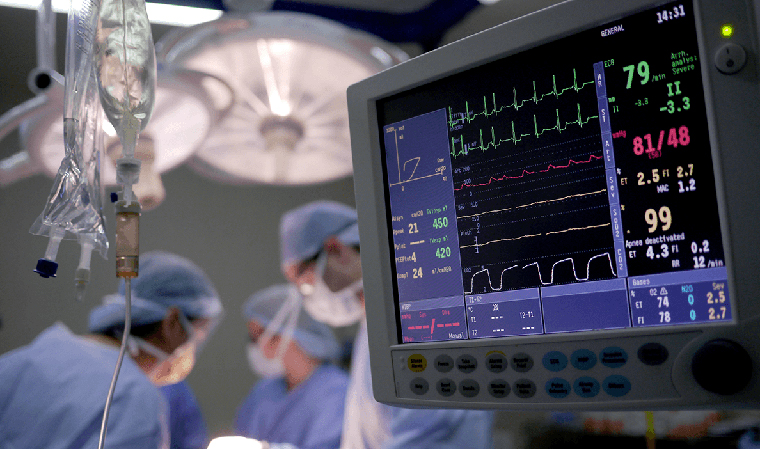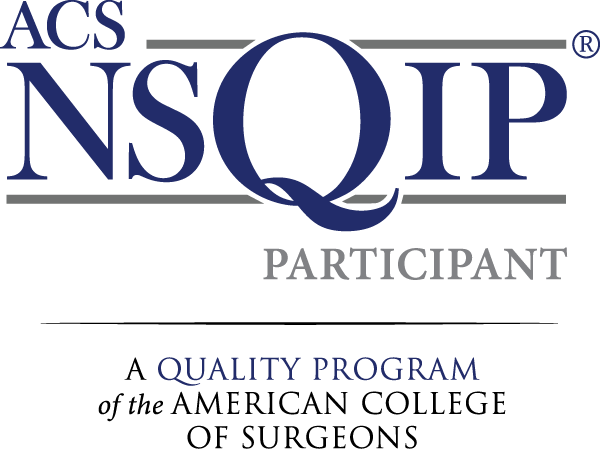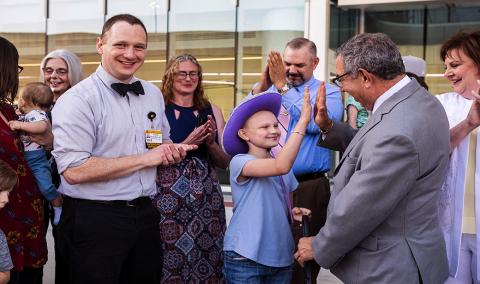If you need elective or general surgery, you want care from experienced surgeons you can trust.

At University of Missouri Health Care, our general surgeons are highly trained in a wide variety of surgical procedures using both minimally invasive and open (traditional) methods. Our priority is to perform the safest, least invasive procedure possible for your condition and individual needs.
General surgery procedures
Our general surgeons perform elective, scheduled surgeries and some urgent surgeries using either minimally invasive or open techniques. We offer the following general surgery procedures at MU Health Care:
- Gastrointestinal and biliary surgical services, including:
- Appendectomy (removal of the appendix)
- Cholecystectomy (removal of the gallbladder)
- Gastroesophageal Reflux Disease (acid reflux or GERD) Linx procedure (surgery to place a flexible magnet around the esophagus to reduce acid and bile flowing back from the stomach into the esophagus)
- Paraesophageal or Hiatal Hernia repair (surgery for when your stomach is in your chest)
- Heller myotomy for Achalasia (when the muscles of the lower esophageal sphincter are cut to allow food and liquid to flow into the stomach)
- Gastrectomy (removal of all or part of the stomach) including surgical treatment of gastroparesis (surgery to insert a medical device called a neurostimulator that helps the stomach muscles move food from the stomach to the small intestines)
- Nissen fundoplication (surgery to treat gastroesophageal reflux disease)
- Splenectomy (surgery to remove all or part of the spleen)
- Surgery to treat a bleeding ulcer
- Endocrine surgery. Surgery involving the adrenal glands. Our surgeons specialize in laparoscopic (minimally invasive) adrenalectomies (surgery to remove one or both adrenal glands).
- Hernia surgery. Surgery to repair a hernia, which occurs when an organ—such as the intestine—is displaced and pushes through the abdominal wall.
- High-risk surgical procedures. Surgeries for elderly patients with complex problems who are considered “high-risk.”
- Minimally invasive surgery. Surgery that uses less-invasive techniques—such as laparoscopic or robotic-assisted—and smaller incisions, resulting in less pain and a shorter recovery time.
- Outpatient surgical services. Outpatient surgery is a surgical procedure that is performed in a physician’s office, hospital, clinic or other ambulatory care facility. Outpatient surgery does not require an overnight stay and allows you to go home the same day the procedure is performed.



























